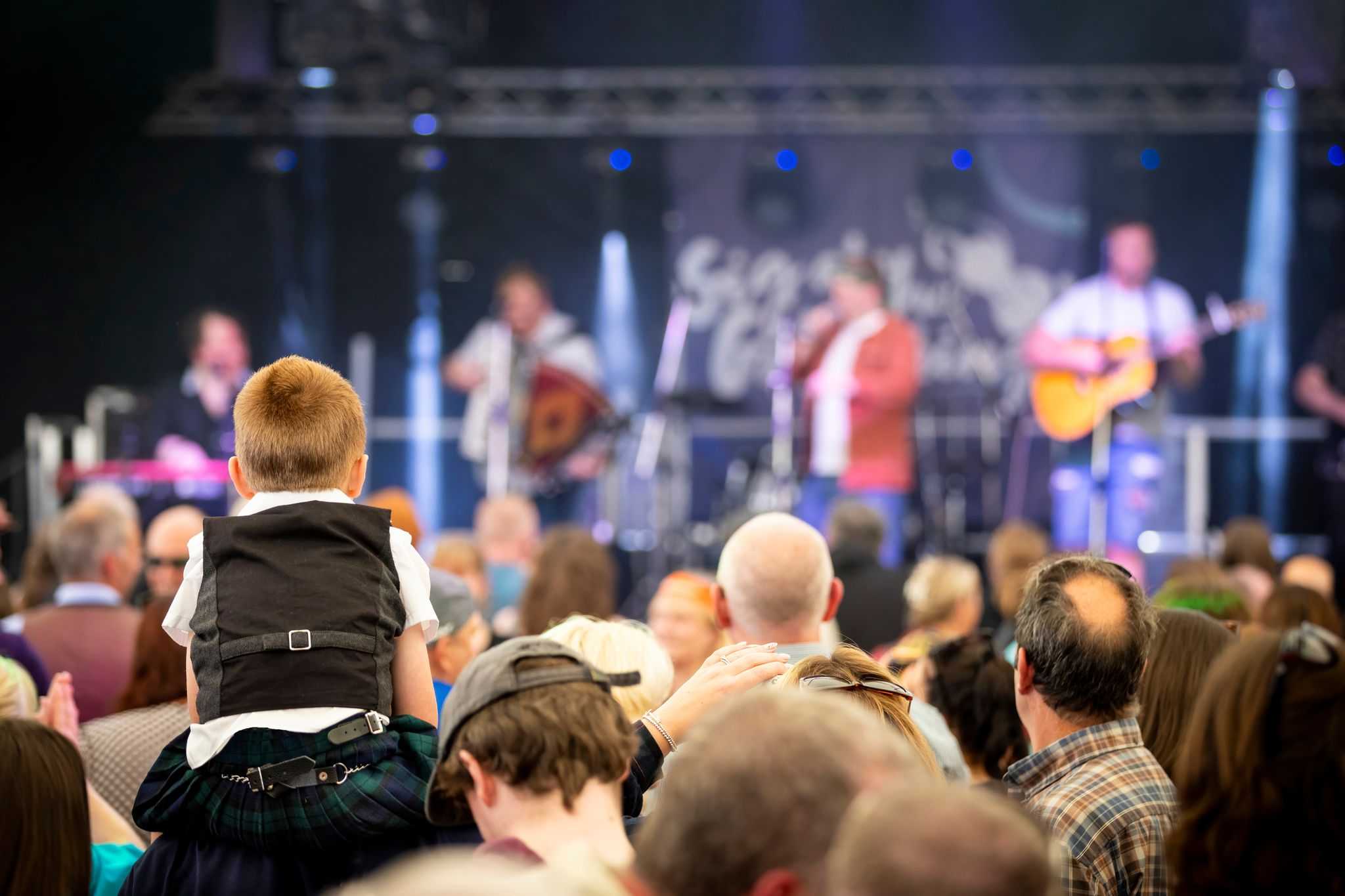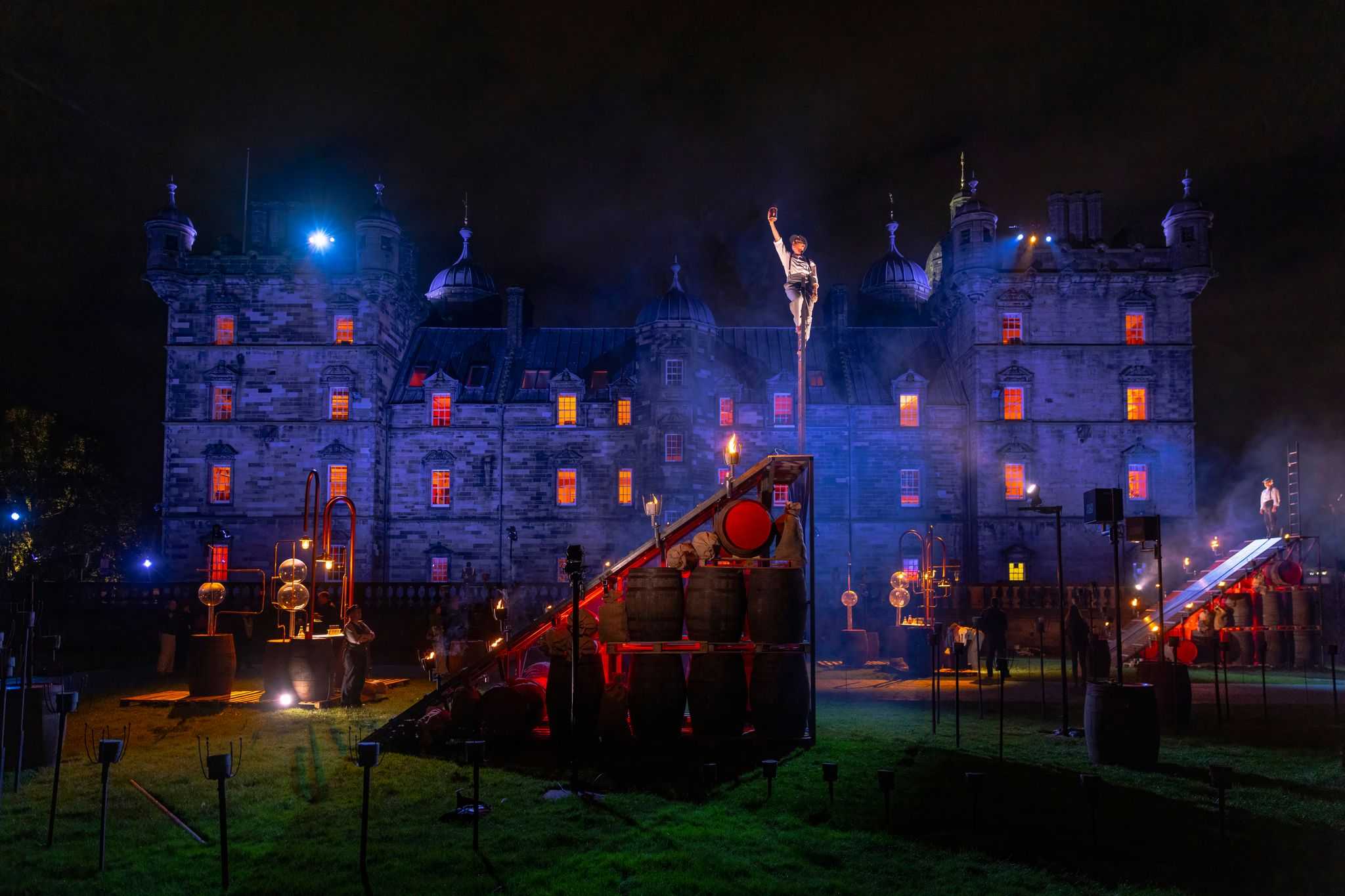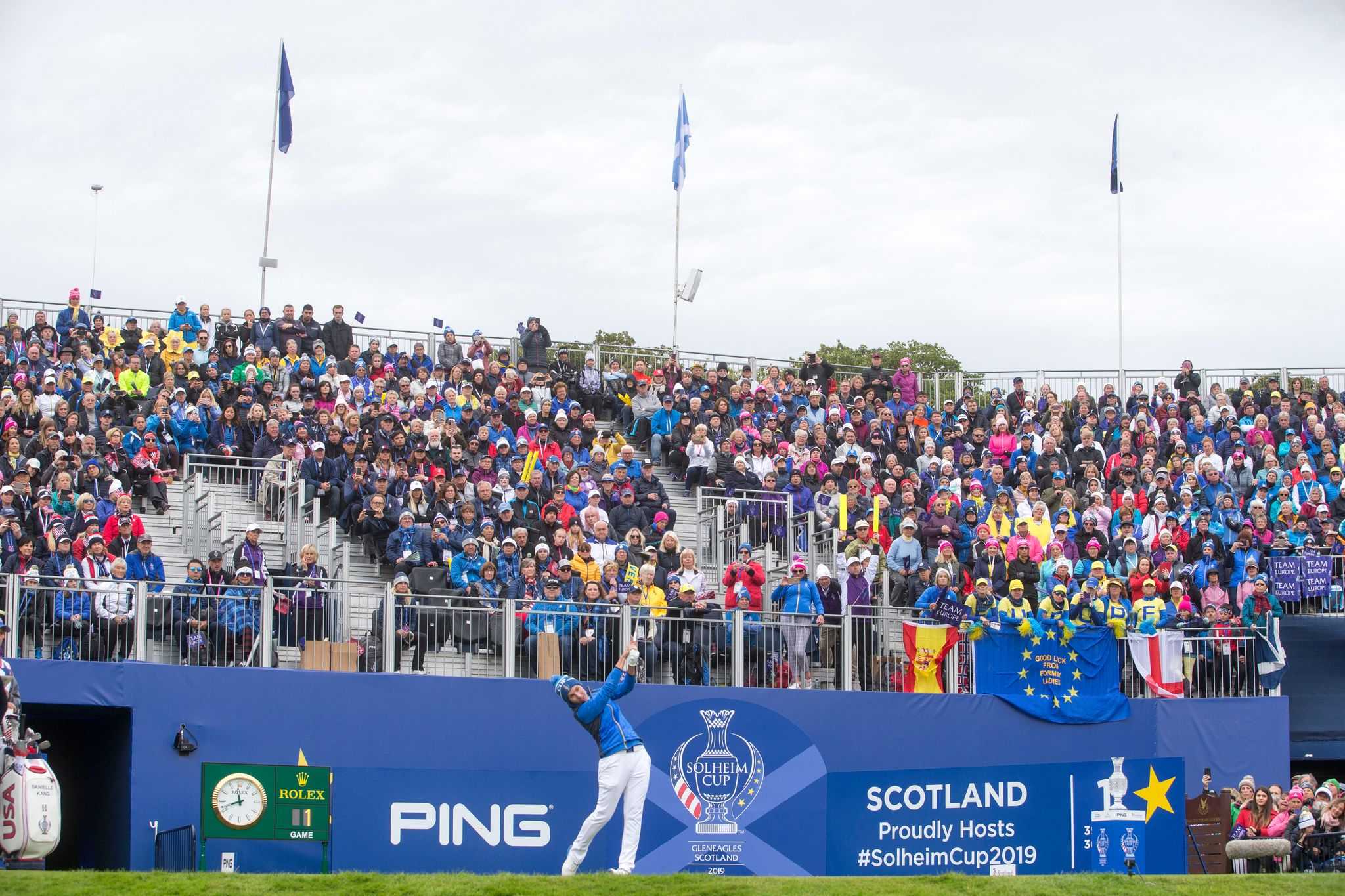PR and communications are important to help you raise awareness of your event and support the sale of tickets. Developing a PR/communications plan will help you to:
- manage your reputation and customer expectations before, during and after your event
- deliver key messages to new and existing customers
- increase visibility of your event
Developing a plan involves the production, distribution, and measurement of strategically planned content. Usually, this content is designed to support your overall business goals.
When writing a communications plan, we recommend using the OASIS model - objectives, audience, strategy, implementation and scoring.
Objective
Consider what the objective or purpose is of the activity. Examples could include:
- organise and manage a media call for your event’s programme launch and generate coverage in at least two local newspaper titles or websites
- enhance local community engagement by delivering clear, consistent and compelling messaging across a range of communication channels to increase awareness
Audience
Who you are trying to reach will dictate what element of your event or message you should promote, what channels or publications you use to reach them and what tone and style you use.
Read more about identifying your event’s target market.
Strategy
This is how you will meet your objectives and the tactics you use ie channels, audience and key messages. Don’t forget to outline a realistic timescale, budget and available resources as part of your planning.
Using the same example of enhancing local community engagement, you might look at posting on local social media groups to highlight how your event connects with people and the place they live.
Implementation
This is the detail of tactics, actions and channels you will need ie content creation, press releases, and social media posts. Remember to consider partner channels to amplify messages and monitor the performance across channels.
Using the example of posting on local social media groups, you might want to consider contacting the owner of the group in advance, having strong images / video ready to use, good content on external links if you sign post to these and preparing and encouraging other partners / interested parties to engage with your posts.
Scoring
Set key performance indicators (KPIs) to measure the activity such as reach, engagement or media coverage. Try to measure results as you go as this will allow you to see whether you are on target or have more work to do.



